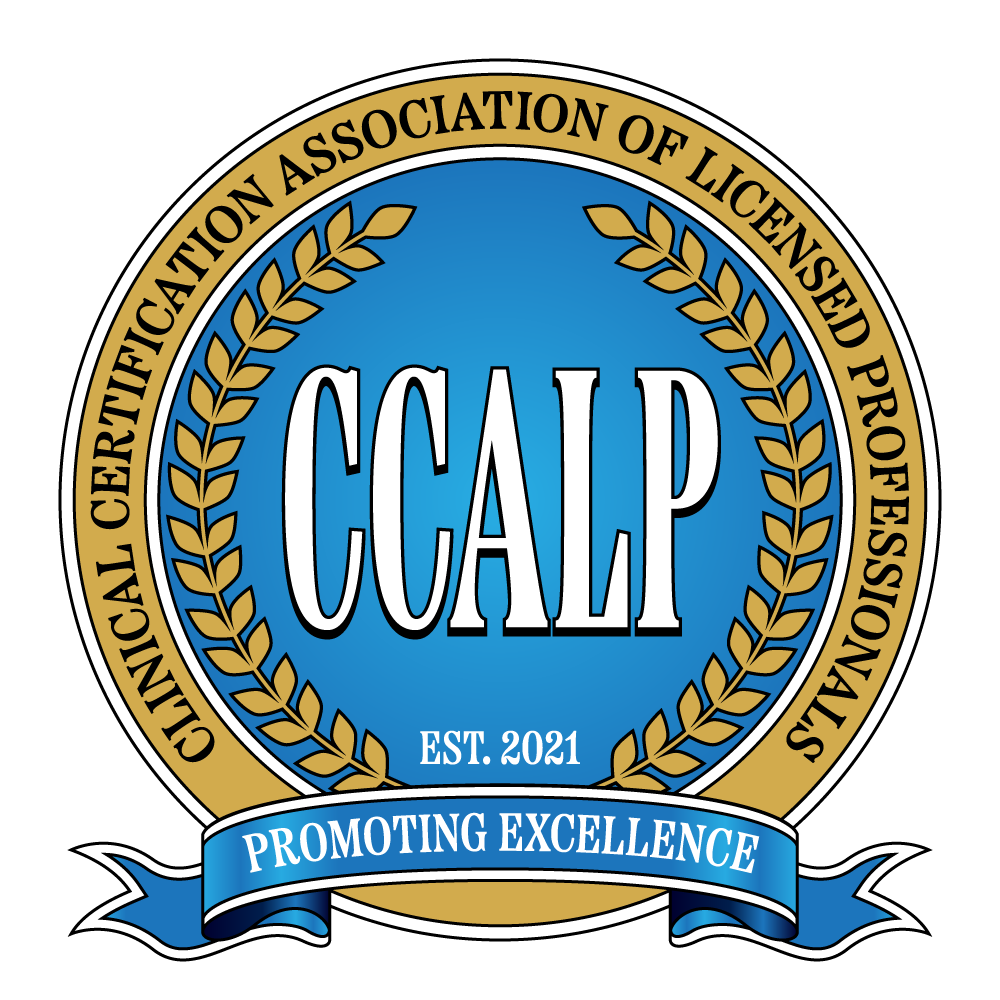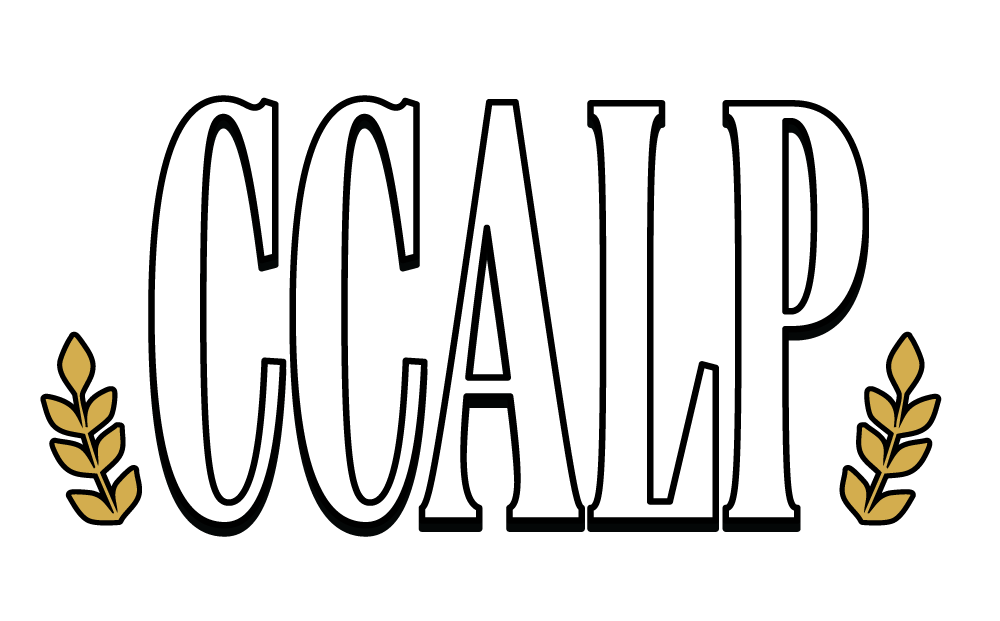CPCS History
The Certified Professional Counselor Supervisor (CPCS) program was introduced in 2015 by the Licensed Professional Counselors Association of Georgia (LPCA) in response to a growing demand for skilled and well-trained clinical supervisors. At the request of the Georgia Licensing Board, LPCA developed this certification to elevate the quality of clinical supervision across the state. In October 2018, the CPCS credential was officially adopted by the Georgia Licensing Board.
The roots of the CPCS program trace back to the late 1990s when the LPCA established the Approved List of Supervisors. Recognizing the critical shortage of trained clinical supervisors, LPCA saw the need to formalize and standardize the training process. By creating the CPCS credential, LPCA set a higher standard for clinical supervision, ensuring that professionals in leadership roles possess the qualifications necessary to guide and mentor future counselors effectively.
In 2021, the program transitioned to the Clinical Certification Association of Licensed Professionals (CCALP), broadening its scope to include credentialing for other mental health professions regulated by the Georgia Licensing Board.
To date, over 4,500 CPCS credentials have been awarded, with many more expected as the demand for qualified clinical supervisors continues to grow. The state licensing board mandates that aspiring mental health professionals complete at least 70 hours—and ideally 100 hours—of clinical supervision, to obtain their license, underscoring the importance of effective training for clinical supervisors.
The mission of the CPCS program is to enhance clinical supervision for counselors in Georgia, ensuring that all supervisors across the state are well-equipped to fulfill their roles and responsibilities. The program strives to educate and advocate for the continued advancement of the counseling supervision profession, in alignment with LPCA, the American Mental Health Counselors Association (AMHCA), and other key stakeholders.


